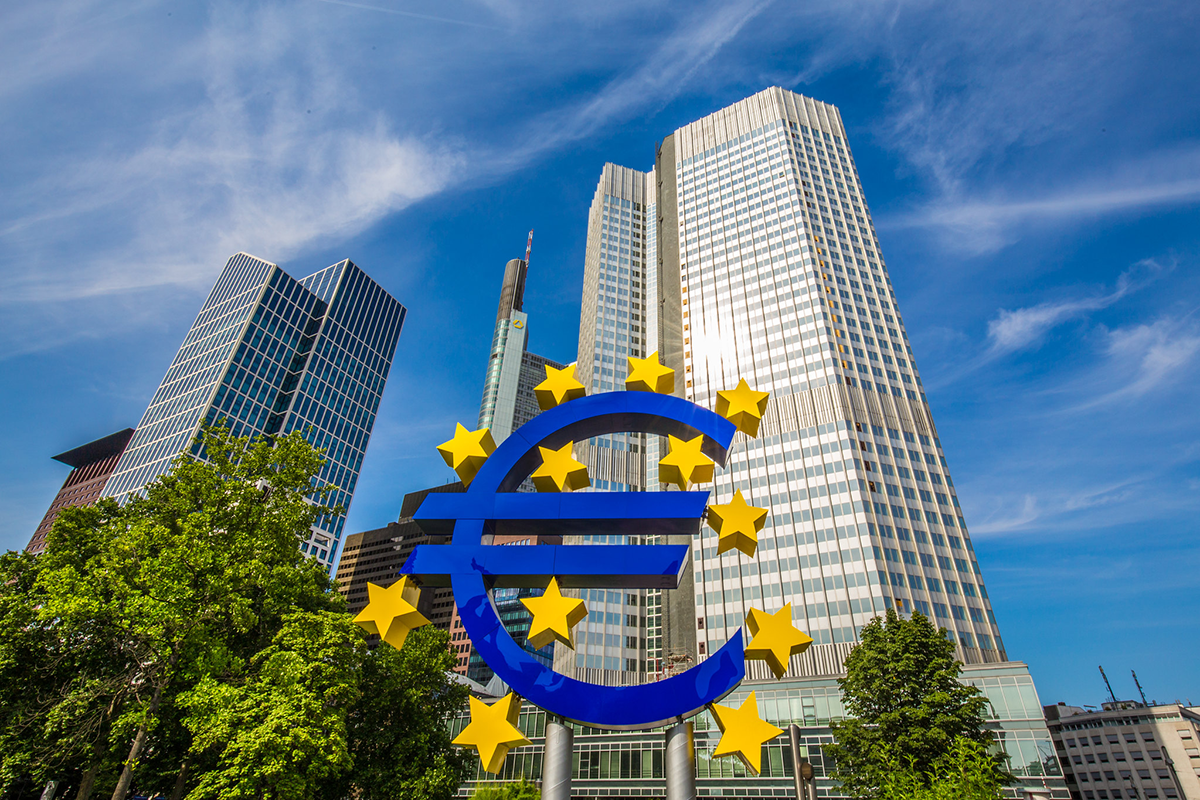Euro area annual inflation is anticipated to be 2.5% in June, a modest decrease from 2.6% in May, based on a flash estimate from Eurostat, the statistical office of the European Union. This slight deceleration reflects a continued, albeit slow, decline in inflation rates across the region.
- Despite the slight decrease, prices were up 0.2% in June, mirroring the same increase observed in May, marking the second smallest rise all year. This stability suggests that while inflationary pressures are easing, they remain present.
Inflation Components Breakdown
- Services: Expected to have the highest annual rate in June at 4.1%, unchanged from May.
- Food, Alcohol & Tobacco: Predicted to be 2.5%, down slightly from 2.6% in May.
- Non-energy Industrial Goods: Remains stable at 0.7%.
- Energy: Expected to be 0.2%, down from 0.3% in May.
Core Prices: The core index, which excludes volatile items such as energy and food, remained unchanged at 2.9% after a 0.3% rise in June. This stability in the core index is notable as it often provides a clearer picture of underlying inflation trends.
Monetary Policy: June marks the first month following the European Central Bank’s (ECB) decision to cut rates by a quarter of a point. The ECB stated at the time, “Keeping interest rates high for nine months has helped push down inflation. It is now appropriate to moderate the degree of monetary policy restriction.”
- However, ECB President Christine Lagarde cautioned that this recent rate cut should not be interpreted as the beginning of a new trend. “We’ve made the appropriate decision, but it doesn’t mean interest rates are on a linear declining path,” Lagarde clarified in a recent press conference.
Looking Ahead: While the slight dip in inflation is a positive signal, the ECB remains vigilant. The central bank’s next moves will likely depend on future inflation data and broader economic conditions. For now, the euro area continues to navigate a complex inflationary environment, with monetary policy playing a critical role in shaping economic outcomes.
TL;DR: Inflation in the euro area is showing signs of slight deceleration, but stability in core inflation and cautious guidance from the ECB suggest that significant changes in monetary policy are not imminent. The focus remains on balancing inflation control with economic growth.



